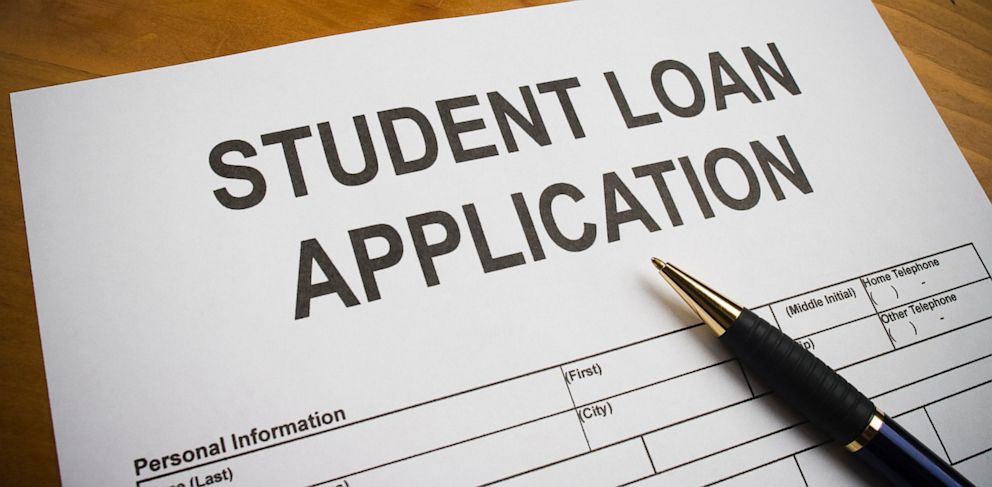With the cost of higher education worthwhile at an all-time high, the student debt has increased exponentially over the past decade. While the U.S currently has a student loan debt of a staggering $1.52 trillion, U.K. isn’t far behind with £16 billion. This isn’t just a burden on national resources, but also on students individually, who have to work round-the-clock after getting employment to clear their debts. However, with a well-planned and intelligently strategized course, it is possible to get rid of this burden sooner. Here are 7 tips and tricks to pay off your student loans quickly and effortlessly:
Always Work with a Plan
The first step is to understand your personal financial situation vis-à-vis your education loan. Before applying for one, do your research diligently and choose the one that is the ideal option for you, factoring in your credit score, the bank’s interest rates and payment policies, and your expected salary once you become a part of the organized labor force. Do the math, and accordingly chart your payment options. Most national student databases have the materials you need to read up on this topic. Additionally, consult a bank manager or a student counsellor to make an educated guess regarding the loan.
Gradual is Always Better than All-at-Once
The repayment of student loans can generally either be done gradually or all together at a predetermined date and time. While your decision will likely involve several personal preferences and situational factors, it is recommended that you go with the former plan. The foremost reason is that the cumulative interest is much lower. Besides, it is a common situation that students are unable to pay back the entire amount because they most likely have miscalculated, or overestimated their saving and income. Instead, pay off a certain amount every month or bi-weekly, which is certainly much easier to procure than the hefty amount.
Create a Savings Fund
Granted that education and living expenses barely allow students to make ends meet, but starting a checking account or setting up a fixed deposit fund will only help you improve your credit scores faster than to wait around for a job. Besides, it will help you be more or less prepared for contingencies, like health crises. Most banks allow special provisions for students, such as reduced interest rates, flexible payment plans and zero minimum balance. Setting up a fund, irrespective of the initial amount, helps you get a jumpstart on a more financially secure future and helps you build a saving habit.
Read Up On Tax Deductions
Governmental policies often help you balance out the debt with your expenditure. Having an unpaid student loan in your name allows you to apply for a deduction in tax interests. Several other such policies exist, which coupled with a good credit score, can help you collect a lot of savings by virtue of your cumulative deductibles. For instance, in the US, you are eligible to subtract $2,500 from your annual taxable income in exchange for the interest incurred on your student loans. Have a word with a tax official to help you calculate your taxes in accordance with student-friendly policies.
A Part-Time Job Helps
Despite a hectic academic curriculum, it is imperative that you make time to find a part-time job that pays well and aligns with your future plans for your career so that it may enhance the quality of your CV. There’s plenty of freelance jobs that you can do from home as well. For instance, SurveyClarity lists several websites where you can earn by participating in online surveys, without having to deviate too much time and effort away from your study schedule. Additionally, content-writing jobs, vacancies at campus libraries and other services, paid internships are also great job options.
Opting for IBR
IBR stands for Income-Based Repayment plan, a highly underrated repayment option that adjusts your student loan debt as per your income. If you are a Direct or FFEL loan recipient, and your income qualifies for partial financial hardship, you are eligible to apply for this plan. New borrowers or those that do not have any previous debt pay 10% of their discretionary incomes, whereas otherwise you are expected to pay 15%. The former group are also pardoned any outstanding amounts that they might have to their loan after 20 years have lapsed.
Maintaining Financial Discipline
To top it all off, it is paramount that you possess the right attitude towards your finances and credit right from the start. Reckless fiscal expenditure can land you in troubled waters, i.e., neck deep in debt. Moreover, with a bad credit score, you will not be eligible for adequate loans even when you need them in earnest. Thus begins a dangerous chain reaction that can have you spiraling by your late 20s. Bad financial habits include overusing credit cards, being a repetitive defaulter when it comes to loan repayment, cashing out of insurance programs prematurely or using up your contingency funds, and trivializing a responsible saving habit.
Concluding Remarks
While most of us are laymen when it comes to understanding advanced economics, the crux of the matter is that in order to clear your student debt, you need to focus on the bank and read up on its policies. Adjust your financial plans accordingly and stick to them religiously.





Great post! Thanks for sharing the knowledge and keep posting more.